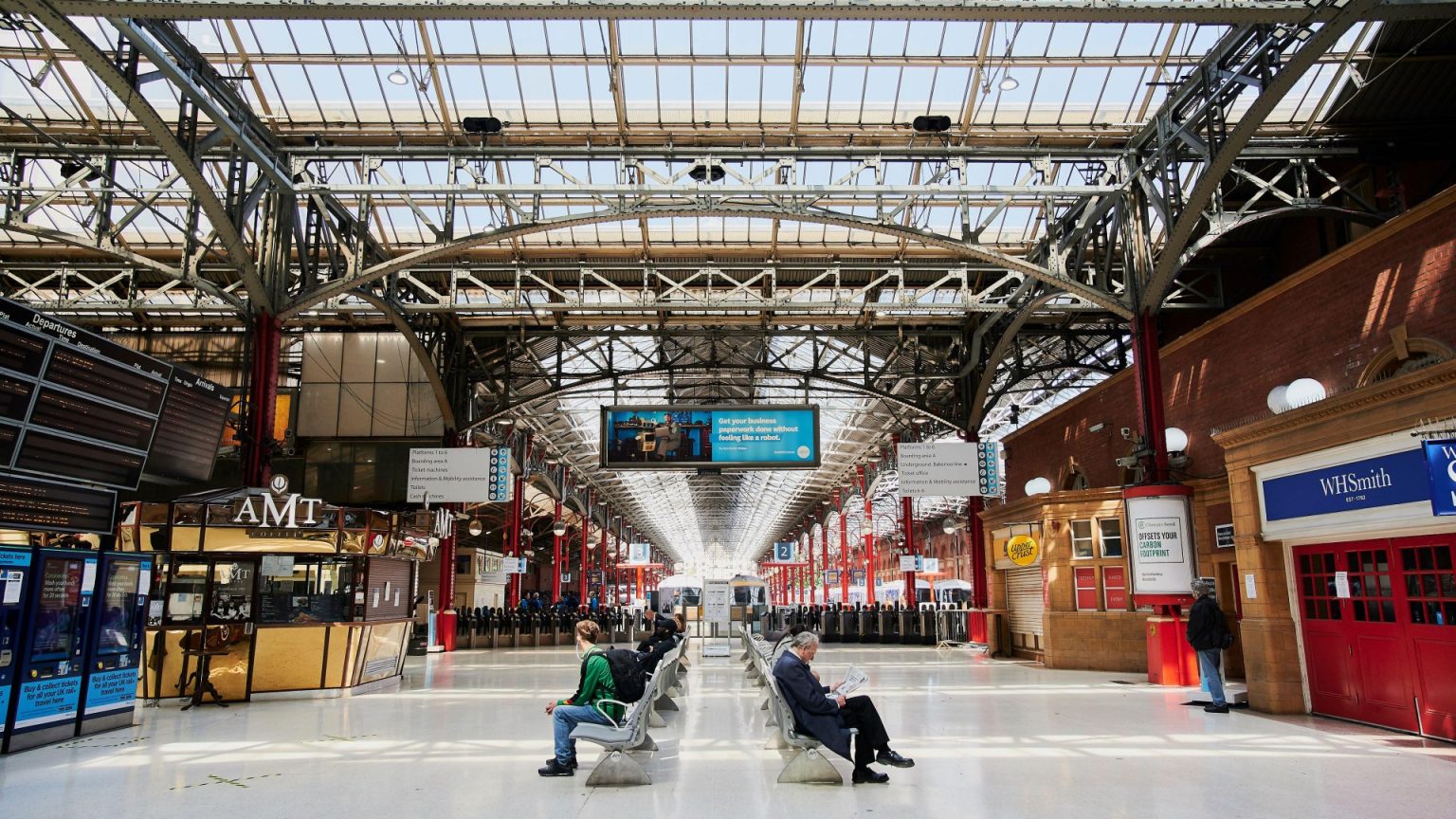The subtle shift in the soundscape of British train stations marks a growing recognition of the UK’s increasing international connectivity. Two stations, London Marylebone and Bicester Village, have incorporated Mandarin announcements into their usual repertoire, a move initially prompted by the significant influx of Chinese tourists. London Marylebone, the pioneer in this initiative, introduced the Mandarin announcements in 2017, marking a landmark moment as it was arguably the first non-European language adopted by UK rail services, excluding French announcements on Eurostar. The primary driver behind this decision was the surge in Chinese visitors utilizing the station as a gateway to Bicester Village, a renowned shopping destination. This retail haven has become a magnet for Chinese tourists, second only to Buckingham Palace in popularity, driven by factors such as perceived value compared to higher domestic prices in China. The integration of Mandarin announcements caters to this demographic, providing a familiar and welcoming touchpoint during their travels.
The linguistic landscape of these two stations extends beyond Mandarin, also encompassing announcements in Arabic, reflecting a broader awareness of diverse passenger demographics. This multilingual approach underscores the commitment to inclusivity and accessibility within the UK’s public transport network. Furthermore, train operator Northern is expanding accessibility for passengers with hearing impairments by implementing British Sign Language announcements across its entire fleet. These initiatives collectively demonstrate a progressive approach towards creating a more inclusive and user-friendly travel experience for a wider range of passengers.
The allure of the UK extends beyond shopping destinations, encompassing cultural landmarks such as Stratford-Upon-Avon, the birthplace of William Shakespeare, a figure so revered that a replica of the town exists within a Chinese theme park. This cultural exchange highlights the global reach and enduring appeal of Shakespearean literature. The theme park, located in Sewang, Fuzhou, further celebrates literary giants Miguel de Cervantes from Spain and Tang Xianzu from China, creating a confluence of literary traditions.
The increasing ease of travel between the UK and China is further facilitated by expanding flight options and accommodation choices. TUI, a major travel operator, has recently established three hotels in China, catering to the burgeoning demand for international travel experiences. This expansion reflects the growing interconnectedness between the two countries, offering travelers more diverse options for exploring and experiencing different cultures. Similarly, Juneyao Air, a privately-owned Chinese airline, has introduced direct flights from Manchester to Shanghai, operating three times a week. These developments underscore the growing emphasis on facilitating travel and tourism between the UK and China, catering to both leisure and business travelers.
Parallel to these developments, several airlines have made adjustments to their flight routes, reflecting the dynamic nature of the aviation industry. British Airways discontinued its Beijing route last year, while Virgin Atlantic also ceased flights to Shanghai, highlighting the evolving landscape of international air travel. These decisions often reflect a complex interplay of factors, including market demand, operational costs, and strategic priorities.
In contrast to the fluctuations in air travel, train journeys continue to offer a distinct and often captivating travel experience. Journalists from Sun Travel shared some of their most memorable rail journeys, highlighting the scenic beauty and cultural immersion that train travel can provide. These accounts range from traversing the snow-capped Swiss Alps between Davos and Geneva to experiencing the high-speed efficiency of the Shinkansen bullet train in Japan, from the ease and convenience of the Eurostar between London and Paris to the breathtaking landscapes of the Scottish Highlands between Glasgow and Fort William, and finally, to the epic transcontinental adventure of the Trans-Mongolian Express, traversing from Beijing to Ulaanbaatar. These diverse experiences showcase the unique appeal of train travel, offering a blend of comfort, convenience, and unparalleled access to breathtaking scenery and cultural immersion.


